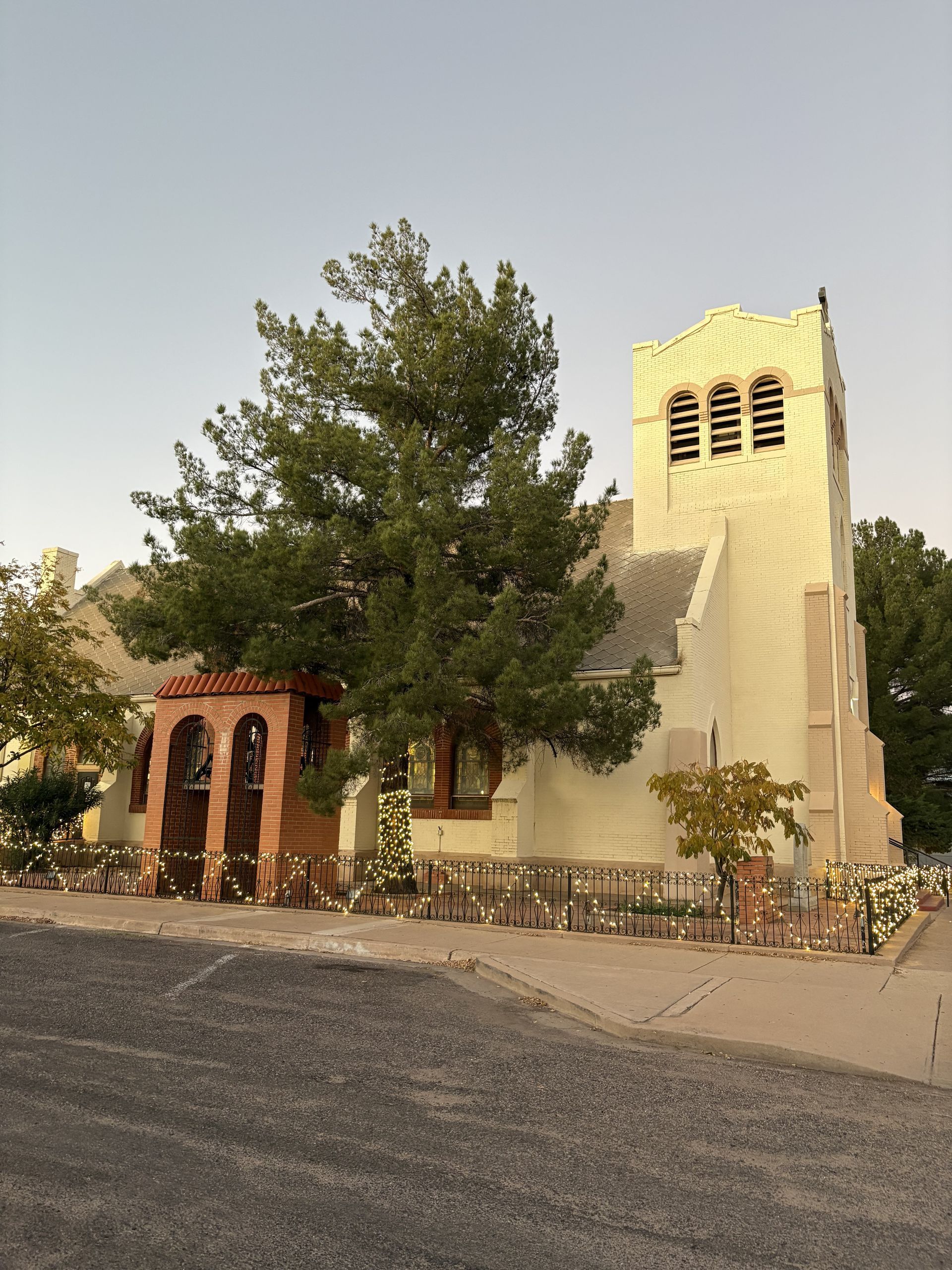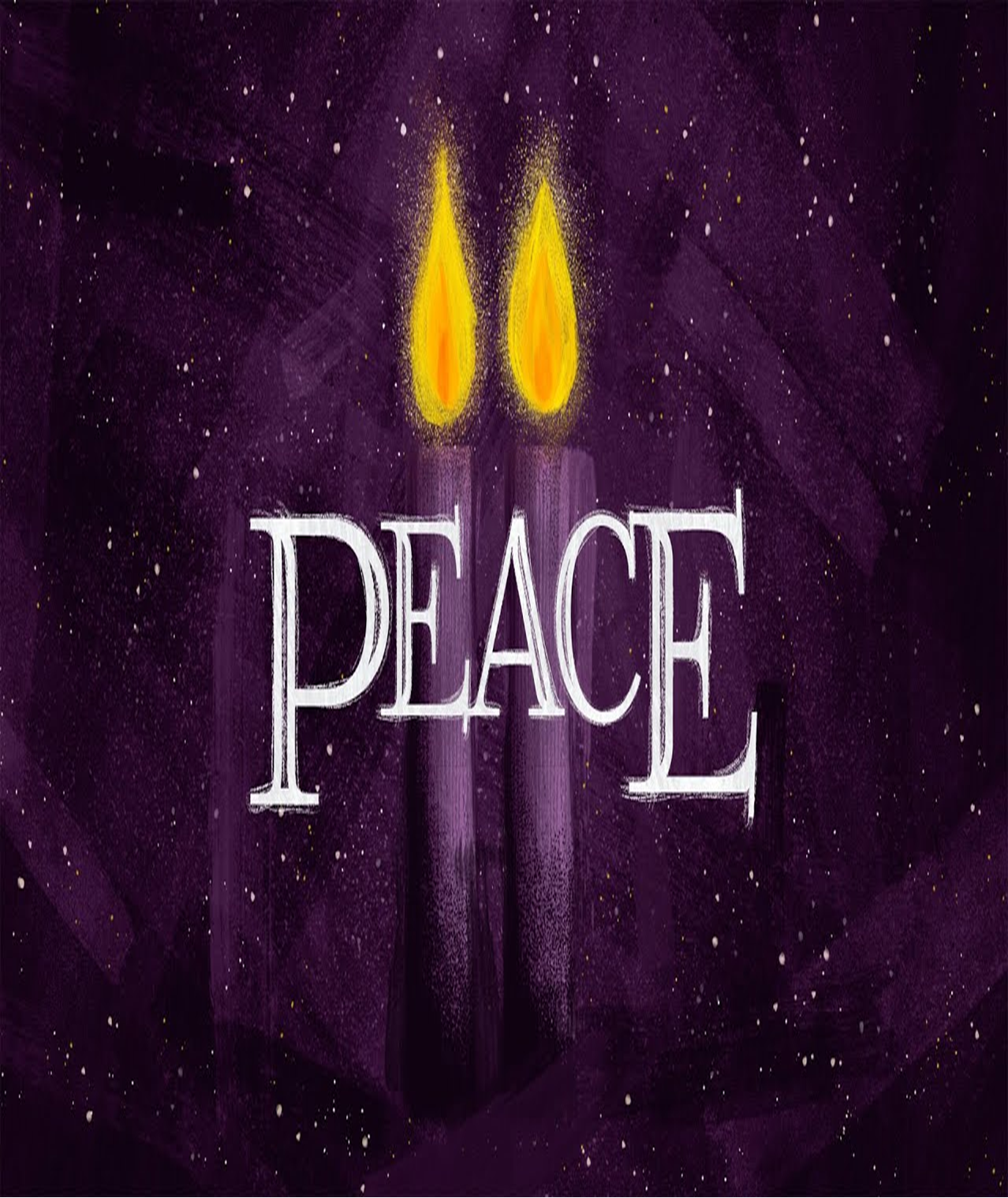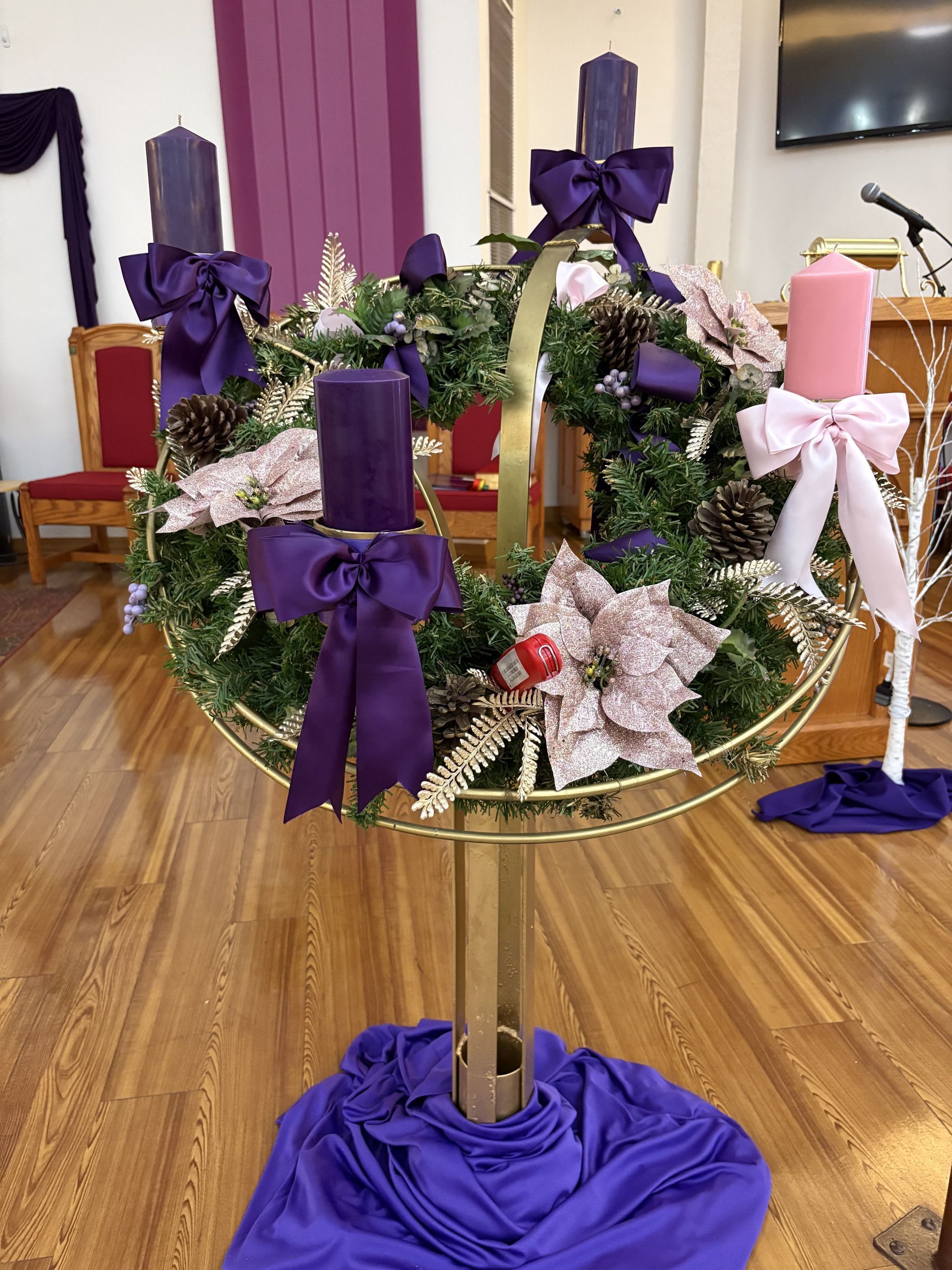BLESSINGS AND CURSES...

What is the source of your joy? What constitutes true happiness? What does it mean to be Blessed by God? In the Sermon on the Plain, that is, Luke’s version of the Beatitudes, Jesus illustrates the various circumstances, conditions, and the hard realities in life with four blessings and curses: poor-rich, hungry-satisfied, weep-joyful, persecuted-respected that make people blessed (Makarios) with the corresponding opposite curses/woes (warning of a coming judgment). God provides blessings and pass judgments. God is the voice and the defender of the lowly that’s why he unequivocally favors the poor, the hungry and the suffering. In this gospel text, Jesus highlights the great reversal of fortunes and values in God’s eyes: the blessed are those who are poor, hungry, weeping and persecuted while the woeful ones are the rich, satisfied, the joyful and the respected. He shockingly surprised us by reversing the conventional earthly wisdom and establishing new ways of living, a clear path to follow for any disciple. The Blessedness refers primarily to those who have uncompromising commitment to the Lord borne out of the tragedy and misery in life. The Blessed are those who cling to the Lord for refuge and strength. This won’t be realized until we join him in the next life, although some may have already experienced the blessing in heaven and the curse of hell on earth.
Before we get into the details of Luke’s Blessings and Curses, let us dwell for a moment at the words of Jeremiah in the first reading, one of my all-time favorite passages that provides introduction to the blessings (Blessed is…) and curses (Cursed is…). This text is so special as it presents a striking contrast between two kinds of individuals who have totally opposing views, lifestyles, and orientations in life. Let me put a disclaimer as I figure, many of you might feel bad about the text. There is a profound difference between a well to do kind and generous religious person whose material resources are channeled to the church and support the needy and the least among us and an unreligious self-centered, selfish mentality who cares nothing about the plight of the poor. The first, the one who is cursed trusts and finds strength in human beings while the second trusts in and lives by the word of God. These two kinds of people have striking contrasts. A Grand Canyon separates them. They almost have nothing in common. Their values are completely at odds. The cursed is the one who deliberately turns away from the Lord and is like “a barren bush in the desert where there is no change of season but stands in a lava waste, a salt and empty earth”, desolate with no chance or hope of survival. It is a life that is baseless, groundless which will easily put anyone in deep trouble. Imagine being in the middle of the Sonoran Desert at over 100 degrees alone, with no water in the vicinity, cellphone signal, and contact with the world. This person’s heart is far away from God and is irreparable and irredeemable. You can tell by the word and actions of this fellow. On the other hand, “the one who trusts in the Lord whose hope is in the Lord, is like a tree that is firmly planted near the water, the wellspring of life”. It is like a tree planted in streams of living water whose roots are well irrigated, grounded, and nourished. Even if drought unexpectedly comes, it won’t wither and remains alive. That means, the one whose faith is in the Lord will find security and protection. The responsorial psalm continues the narrative, “Blessed are they who hope in the Lord (Psalm 1)”. Blessed are you who delight in the law of the Lord and meditate on it day and night. You are like “a tree planted near running waters, that yields its fruit in due season, and whose leaves never fade. Whatever you do, prosper”.
“Blessed are you poor for the kingdom of God is yours”. The poor here refers to material poverty that is, those who lack material resources, economically impoverished, and socially marginalized. They are the ones who join in line and beg for food, who can’t provide for the necessities and are dependent on other people’s generosity for sustenance and survival. It is true that your life now is the result of your decisions (good or bad, big, or small) and that poverty may be a result of a series of bad choices. However, in this context, it doesn’t mean that way. The cause of social and economic inequality that is, the existence of the poor, is because we have not taken care of each other as much we should. Poverty is like being trapped in an endless vicious cycle. Unless someone from the outside takes you out into that mess, you’ll remain there. Because they don’t have the means to enjoy the material pleasures, they will inherit the reign of God. Those who did not take care of the needy when they know they could have will unfortunately, will not reap the rewards. This description includes those who are deeply concerned with social ills and are actively working for peace and justice. They dedicate their lives to alleviate poverty, volunteer in soup kitchens, end drug trafficking and abuse, reduce unemployment, help the youth and the juvenile get back on track and take care of the elderly. Blessed are they who despite the risks associated with their work, put their lives on the line during their global health crisis for they have mouths to feed, and loved ones depending on them. There are countless people who have been called to renounce possessions and have embraced poverty (or simple living), not for poverty’ sake but to share the blessings and in turn, live with a single- minded devotion to God apart from the worries and noise of the world. They are the living witness of the gospel. The scriptures come alive because of them. You don’t need a commentary, an interpreter, or a rousing preacher when you seem them face to face at work in real time. We can talk for hours about the many causes of poverty and the underlying issues (either because they are destined by the choices made or simply victims of social inequality and injustices, among others) but at this juncture, this social class (the disinherited, the dispossessed and the disenfranchised) has a special place in God’s heart.
Blessed are they who are marginalized, isolated and singled-out because of their fidelity to Christ. Blessed are they who are laughed at and mocked, even bullied for their steadfast commitment to faith. Blessed are they who are looked down upon for being religious. Blessed are they who work for peace and justice but remain true and unaffected despite the dehumanizing words and painful criticisms leveled against you. Woe to those who turned godless in prosperity that is, excessive materialism leads to spiritual blindness, emptiness and eventually, kills faith. Woe to those who do nothing to their suffering and needy neighbor. Woe to those who lost moral compass in the comfort of life that is, a loose life (without any sense of right and wrong) goes nowhere. Woe to those who put absolute trust in human power and riches, without regard to anything spiritual and religious.
Finally, the core of this whole teaching can be found in the last beatitude and the last woe. Our parish communities will not thrive without the sacrifices of so many individuals working collaboratively behind the scenes. The reason people are poor, go hungry, mourn, and persecute is because of the undying commitment and faithfulness to the gospel. Rejoice! leap for joy! and be glad! for your reward will be great in heaven. Amen.



